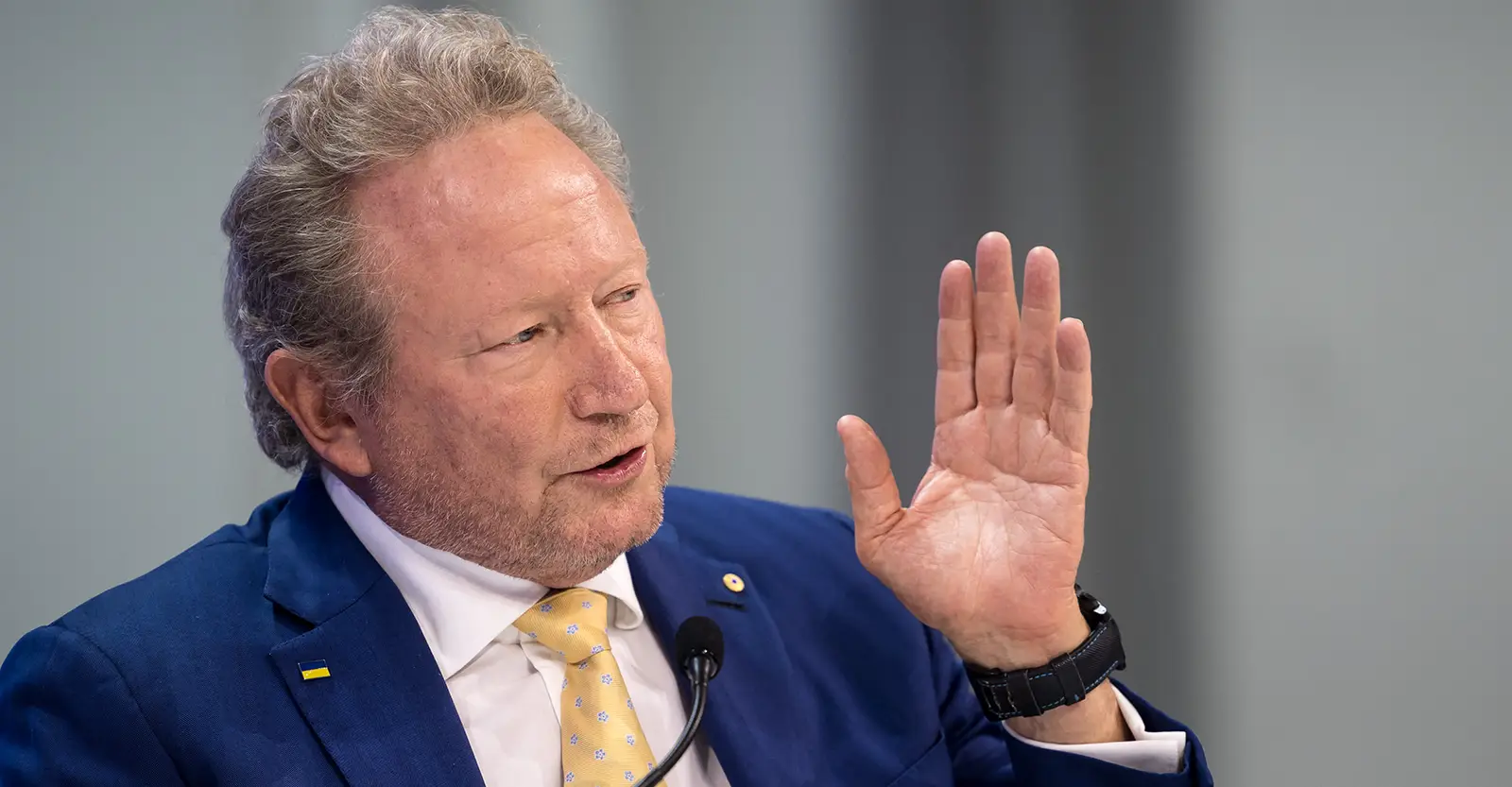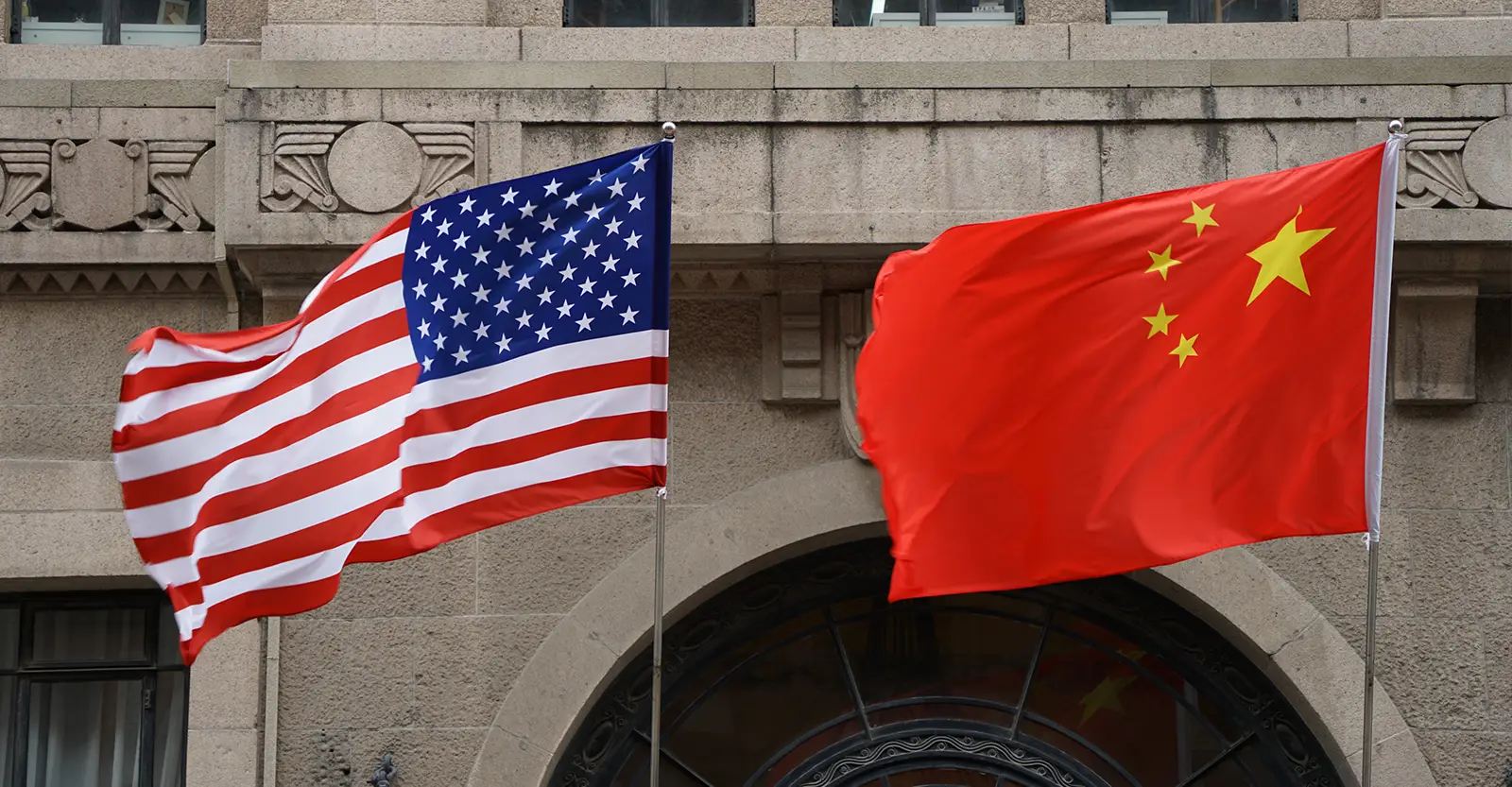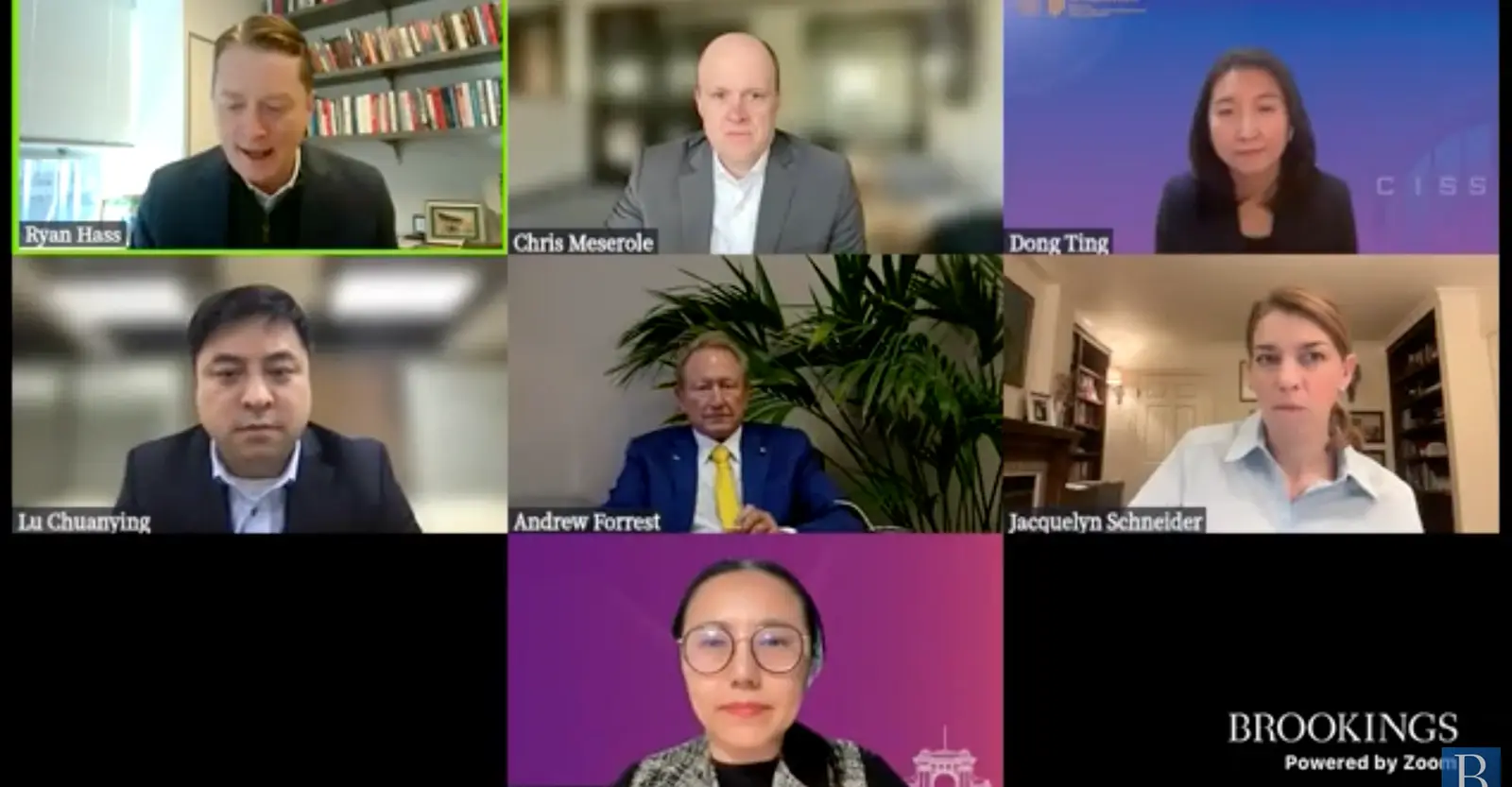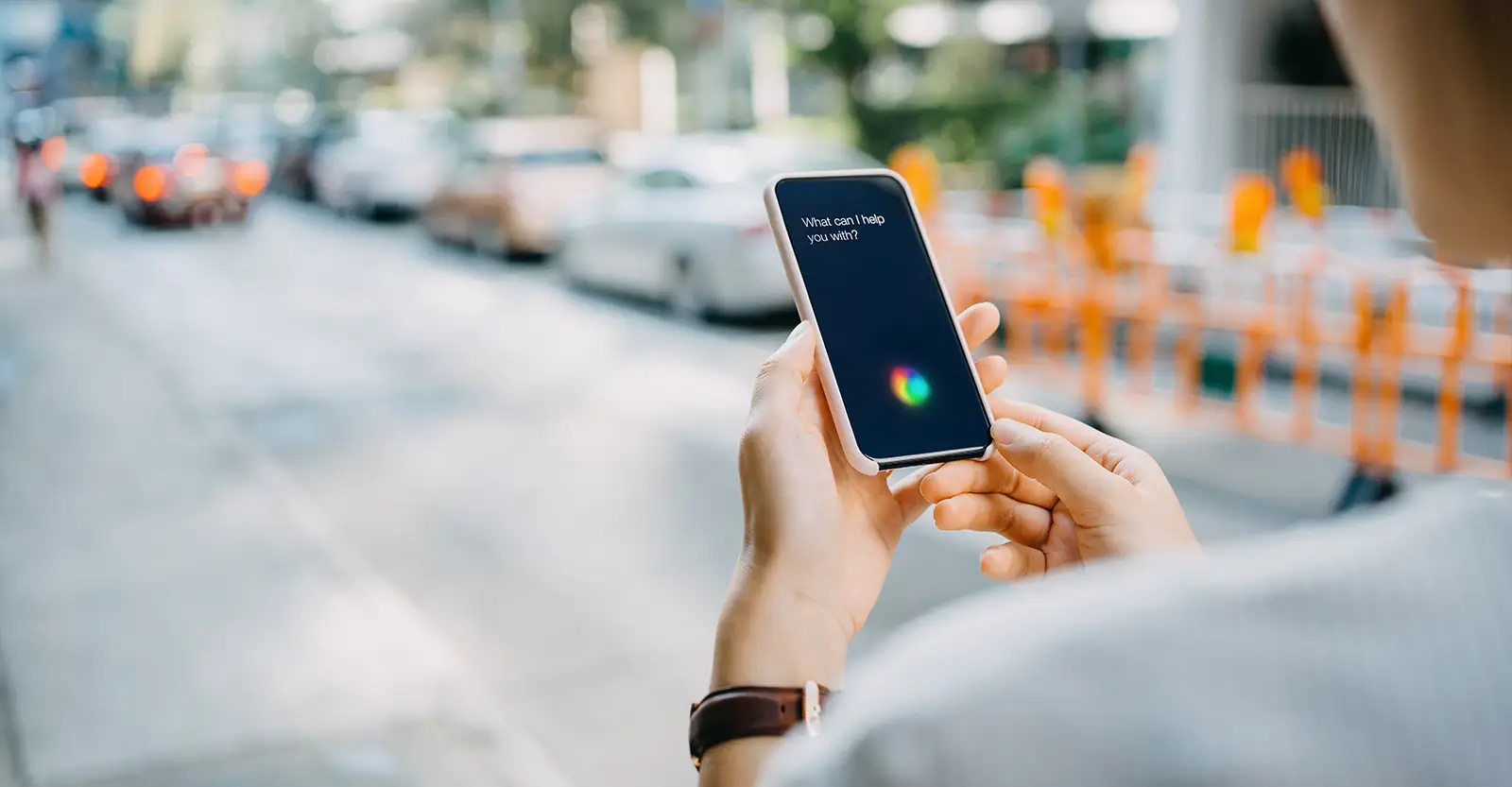Impact Missions
Artificial Intelligence
Genie in a bottle? AI’s potential and peril.
It’s a scenario reminiscent of Aladdin’s tale.
by Minderoo Foundation
Just as Aladdin discovered the phenomenal cosmic power of the genie, humanity is unlocking the vast capabilities of AI.
And just like in the story, using this power requires caution, wisdom, and a clear understanding of the potential pitfalls.
After all, even Aladdin had to navigate the unintended consequences of his wishes. You’ve got to rub the lamp the right way.
Dr Andrew Forrest has long been engaged in this critical arena, fostering dialogues that bridge geopolitical divides to address AI’s profound implications.
Recognising that AI’s rapid evolution could reshape the global landscape, Dr Forrest has been quietly facilitating conversations between US and Chinese policy experts since 2019.
These talks, supported by Minderoo Foundation, focus on one urgent question: How will artificial intelligence impact security relations between the United States and China?
AI: The genie that can grant dreams or unleash nightmares

Caption: Andrew Forrest speaking at the World Economic Forum in Davos. Credit: Fabrice Coffrini / AFP via Getty Images.
Dr Forrest doesn’t mince words when describing AI. He calls it “the most brilliant tool that has ever been created” - and “the most dangerous.”
On the one hand, AI has the power to revolutionise healthcare and combat climate change, as well as climate change risks like increased wildfires.
On the other, its misuse could destabilise economies, amplify misinformation, and even jeopardise global security.
And with AI’s ability to learn at an exponential rate, time is of the essence.
One stark example is the role AI could play in military decision-making. Imagine unintentionally granting the genie the power to launch nuclear weapons autonomously.
It’s a chilling prospect that underscores why human oversight must remain central in such high-stakes scenarios.
US-China Track II Dialogue on Artificial Intelligence and National Security

Credit: VCG via Getty Images.
Since 2019, the US-China Track II Dialogue on Artificial Intelligence and National Security has been quietly convening teams of American and Chinese experts.
This initiative, supported by Minderoo Foundation and facilitated by the Brookings Institution and Tsinghua University, has held 11 rounds of dialogue to build consensus on AI’s role in national security.
A significant milestone was achieved in September 2024 when the forum published a glossary of terms for AI in national security.
This created a shared vocabulary which aims to bridge cultural and linguistic gaps between the two nations.
Another pivotal agreement came in November 2024, when then-US President Joe Biden and Chinese President Xi Jinping endorsed the principle that human beings must retain ultimate decision-making authority over the use of nuclear weapons.
The importance of these dialogues cannot be overstated.
During a public engagement hosted by Brookings Institution and Tsinghua University in January 2025, Dr Forrest joined delegation leads and experts to discuss AI’s impact on security relations between the US and China.
The event highlighted the forum’s role in fostering trust and preventing catastrophic missteps.
Collaborating to tame the genie

Caption: Brookings Webinar ‘How will artificial intelligence impact security relations between the United States and China?’ 10 January, 2025. Credit: Minderoo Foundation
Like Aladdin’s genie, who couldn’t be forced back into the lamp, AI cannot be “undiscovered.” But its trajectory can be guided.
Minderoo Foundation’s commitment to advancing people-centred AI policies underscores the potential of AI as both an opportunity and a threat.
By funding initiatives in academia, corporate governance, and international diplomacy, Minderoo is helping to ensure AI serves humanity responsibly.
Dr Forrest summed up the stakes succinctly: “AI is the most brilliant, but dangerous, tool that has ever been created. It is incumbent upon us, as global leaders, to make sure the safeguards are in place to allow future generations an opportunity to thrive.”
AI as a force for good

Credit: d3sign via Getty Images.
AI’s potential for good is immense. From advancing cancer treatments to protecting civilians in conflict zones, the technology can save lives and improve global well-being.
As Dr Forrest noted, the guiding mantra behind Minderoo’s work is simple: no harm to citizens.
By promoting ethical safeguards and fostering international collaboration, we can harness AI’s phenomenal power while mitigating its risks.
Just as Aladdin learned to use the genie’s power wisely, humanity must work together across industry, government and corporations to navigate the complexities of AI with foresight and care.
The choices we make today will shape a future where AI becomes a friend to humanity — not a terrible enemy.